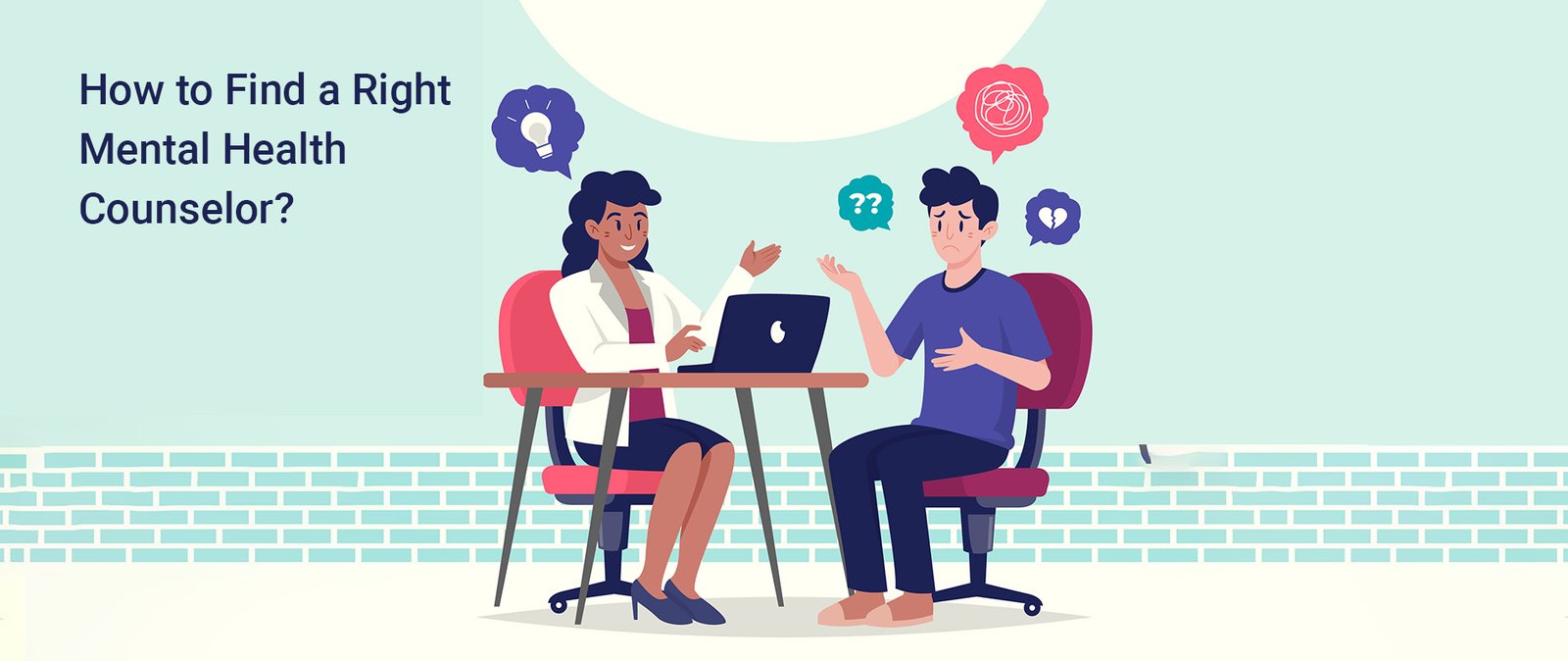Table of Contents
According to National intimate partner and sexual violence survey, more than one third of women and one in 12 men have experienced intimate partner violence in their lifetime. This is a huge number. Domestic violence can happen to anyone – poor, rich, educated, uneducated, young, old. We all can take steps to stop domestic violence. If you or your loved one are being abused, one thing to remember is that the abuser needs to change. Your priority should be safety here. One more thing to remember is that, never hesitate to seek help. There is nothing to be ashamed of. The more ashamed you are, the more scope you are giving the abuser to abuse you or the other person more and more.
Related: Domestic Abuse: All You Need To Know
There are few things you can do to prevent domestic violence. The only way to stop domestic violence is to take control and decide the boundaries of a relationship or a person in front of you. Sometimes, abuser may feel powerless, helpless; at that time, it is essential to bring the authority such as a senior person in the family or legal or police authority into the picture. If you want to help someone who’s being abused or if you’re the one who’s being abused, know the signs and read on for the ways you can do to prevent domestic abuse.
15 Ways To Reduce Domestic Abuse
Here are 15 things you can do to reduce domestic abuse:
1. Know The Signs
There are some warning signs or red flags which indicate that you or the person in front is being abused. The signs may not be physical always, but they can be verbal, emotional, financial or mental also. Keep an eye on those signs to identify the abuse. Someone who’s not appearing a victim, might as well be suffering in silence and thus it is essential to recognize it’s signs. Few signs may include:
- Physical signs – Red or blue marks on the body, bruises, burns, bite marks, injuries such as fractures etc.
- Financial signs – Controlling all financial decision, threatening to demand money, avoiding giving money for basic necessities, etc.
- Verbal signs – Scolding, shouting, discouraging, taunting, blaming, embarrassing, etc.
- Sexual signs – Forced sex, unwanted sex, using bizarre objects while having sex, Abnormal fantasies, etc.
- Emotional signs – Feeling guilty, depressed, worthless, powerless etc.
2. Never Ignore The Signs
Most of the times, we can clearly see the signs, but we ignore them because you feel that it is natural to behave in that manner. If you’re being abused, immediately report to the legal authority or police or even if you see or hear someone being abused, ring their bell and never say, “It’s their life, why should we interfere?”. You can call police and help the abuser. This is how you can help the abuser –
3. Listen Non-Judgementally
If someone who is being abused is speaking with you, lend them an ear, never judge that person. You can ask them if they are looking for help or they already have sought help and they are just looking for a person who can listen to them non-judgementally. Do not give suggestions if they are not looking for one. Let them know that you will be willing to be a witness or to intervene on their behalf while you are around. Also let them know that they are welcome to take refuge in your home should they need somewhere to go. Be available for the person, whenever needed!
4. Bring A Back- Up
Intervening with domestic violence can be dangerous at times especially when the abuser has a weapon or is intoxicated by drink or drugs. At times, bringing help from police or legal tram may become difficult. At those times, you can bring your friend/ family member with you to intervene or to help you.
5. Documentation Is Important
Document any incidence that you witness. Take a note of date, timing, places, type of violence, injuries. Your documentation may boost victim’s courage and credibility when they want to peruse legal action against the abuser.
6. Check In Regularly
If you fear about the victim’s life, call, message or drop by every day at random time to check if they are doing well. Ensure their safety and do as much as you can do for them.
7. Be A Resource Person
A person who is suffering from violence, may not be able to research shelters, escape plans or necessities such as bank balance, mobile etc. Help them with all the help that they need such as completing legalities, making things available for them, making a list of escape items they need to take with them, etc.
8. Educate Your Community
Educate people about domestic violence, it’s impact and ways to intervene safely. You can do this in collaboration with local NGOs , women’s organizations, local companies etc. Gather people and let them talk about this issue freely, share their experiences which may help others to learn new things or ways to intervene as well.
9. Know your worth
If someone is threatening or hurting you, it can be difficult to maintain your self- worth. Self-blame is common in this case. Remember – it’s never okay for someone to hurt or threaten you. Be confident about your self-worth. Never see yourself down in your own eyes. Engage with friends, family, writ a journal to regain your self-worth if it’s diminished.
10. Read about your rights
Every state has a set of laws designed to protect you from all types of domestic violence. Read the laws carefully and make sure you educate yourself and not blidly trust anyone. Know your rights well and speak up assertively.
11. Teach the next generation and learn from them
The examples we set for the younger generation shape the way they think about gender, respect and human rights and many other things. Start conversations about gender roles early in life, and challenge the traditional features and characteristics assigned to men and women. Point out the stereotypes that children constantly encounter, in the media, on the roads or at the school, and let them know that it’s OK to be different. Encourage a culture of acceptance.
Have an open conversation about consent, bodily autonomy and accountability to boys and girls, and also listen to what they have to say about their experience of the world. By empowering young advocates with information, and educating them about women’s rights, we can build a better future for all.
12. Speak up publically about domestic violence
Instead of being shy towards the topic, you can be free and discuss other’s point of views as well. This will help you get other’s perspectives on the same topic. If you are comfortable, you can also share an experience of abuse or intervening with them if you have any. If any person in the group doesn’t have correct opinions about the same you can guide the person well and make them aware about the situation. E.g – if you hear a joke about beating your spouse, let that person know you aren’t okay with that kind of humour
13. Encourage the victim to seek help
Sometimes, victims become shy and don’t want to open up towards anyone which becomes dangerous for their mental and physical help. Thus, encourage them to seek help of a local community or NGO. Also, encourage them to take one to one counselling session which will help reduce their mental bruises. Encourage them to speak up and not stay silent!
14. Be vigilant
Be attentive in your community. If you see anyone suffering from domestic abuse, never hesitate to seek help. Encourage neighbourhood to watch out as well if it is not possible for you.
15. Be courageous
Be courageous to seek help, talk about it, offer help, intervene the violence or take legal help. Remember, violence is not victim’s mistake, it’s the abuser’s behaviour. So, you as a victim don’t need to be ashamed of the act.
To book an appointment, click here with our Domestic Abuse Counsellor to discuss your next steps.









